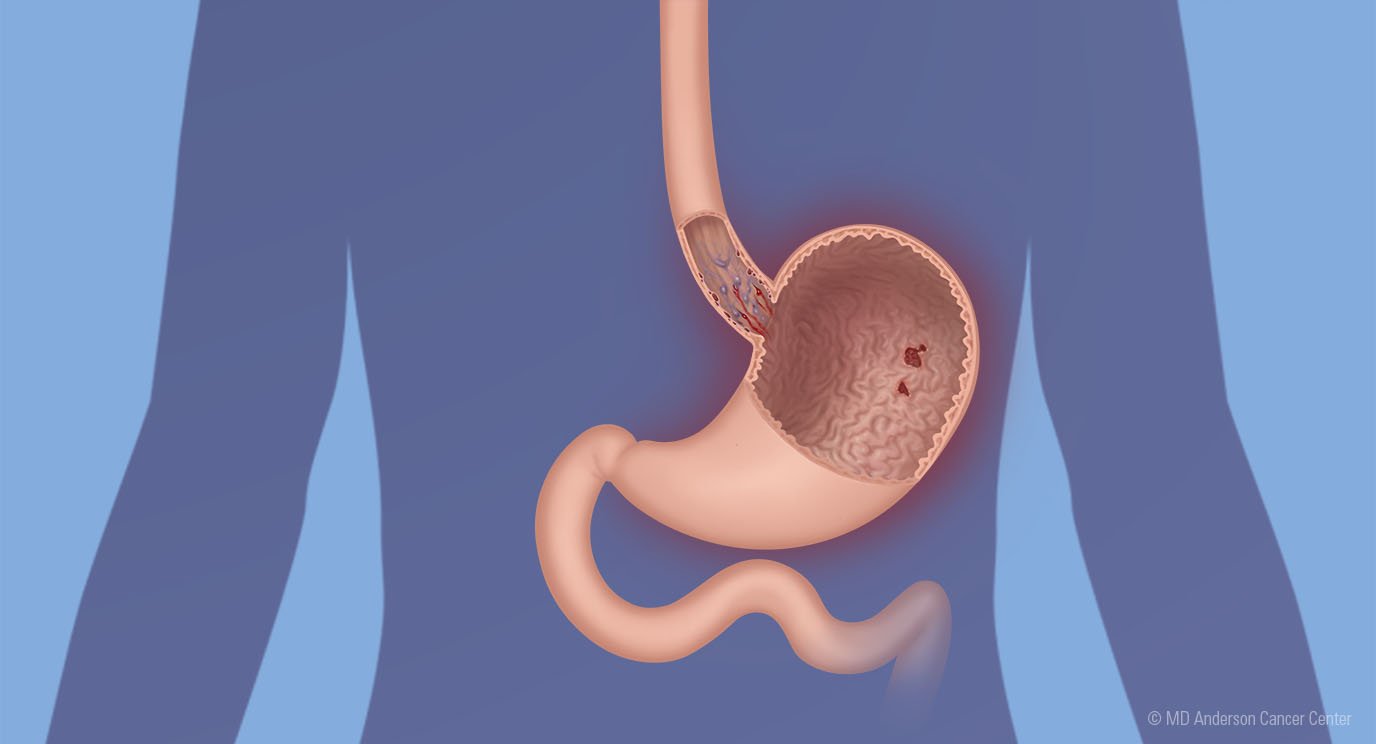- Diseases
- Acoustic Neuroma (14)
- Adrenal Gland Tumor (24)
- Anal Cancer (66)
- Anemia (2)
- Appendix Cancer (16)
- Bile Duct Cancer (28)
- Bladder Cancer (68)
- Brain Metastases (28)
- Brain Tumor (228)
- Breast Cancer (716)
- Breast Implant-Associated Anaplastic Large Cell Lymphoma (2)
- Cancer of Unknown Primary (4)
- Carcinoid Tumor (8)
- Cervical Cancer (154)
- Colon Cancer (164)
- Colorectal Cancer (110)
- Endocrine Tumor (4)
- Esophageal Cancer (42)
- Eye Cancer (36)
- Fallopian Tube Cancer (6)
- Germ Cell Tumor (4)
- Gestational Trophoblastic Disease (2)
- Head and Neck Cancer (6)
- Kidney Cancer (124)
- Leukemia (344)
- Liver Cancer (50)
- Lung Cancer (288)
- Lymphoma (284)
- Mesothelioma (14)
- Metastasis (30)
- Multiple Myeloma (98)
- Myelodysplastic Syndrome (60)
- Myeloproliferative Neoplasm (4)
- Neuroendocrine Tumors (16)
- Oral Cancer (100)
- Ovarian Cancer (170)
- Pancreatic Cancer (166)
- Parathyroid Disease (2)
- Penile Cancer (14)
- Pituitary Tumor (6)
- Prostate Cancer (144)
- Rectal Cancer (58)
- Renal Medullary Carcinoma (6)
- Salivary Gland Cancer (14)
- Sarcoma (236)
- Skin Cancer (294)
- Skull Base Tumors (56)
- Spinal Tumor (12)
- Stomach Cancer (60)
- Testicular Cancer (28)
- Throat Cancer (90)
- Thymoma (6)
- Thyroid Cancer (98)
- Tonsil Cancer (30)
- Uterine Cancer (78)
- Vaginal Cancer (14)
- Vulvar Cancer (18)
- Cancer Topic
- Adolescent and Young Adult Cancer Issues (20)
- Advance Care Planning (10)
- Biostatistics (2)
- Blood Donation (18)
- Bone Health (8)
- COVID-19 (362)
- Cancer Recurrence (120)
- Childhood Cancer Issues (120)
- Clinical Trials (622)
- Complementary Integrative Medicine (24)
- Cytogenetics (2)
- DNA Methylation (4)
- Diagnosis (226)
- Epigenetics (6)
- Fertility (62)
- Follow-up Guidelines (2)
- Health Disparities (14)
- Hereditary Cancer Syndromes (122)
- Immunology (18)
- Li-Fraumeni Syndrome (8)
- Mental Health (118)
- Molecular Diagnostics (8)
- Pain Management (64)
- Palliative Care (8)
- Pathology (10)
- Physical Therapy (18)
- Pregnancy (18)
- Prevention (888)
- Research (388)
- Second Opinion (74)
- Sexuality (16)
- Side Effects (602)
- Sleep Disorders (10)
- Stem Cell Transplantation Cellular Therapy (216)
- Support (404)
- Survivorship (322)
- Symptoms (186)
- Treatment (1770)
Stomach cancer survivor: “You don’t have to go through this alone”
BY Ralph Lilja
3 minute read | Published January 15, 2016
Medically Reviewed | Last reviewed by an MD Anderson Cancer Center medical professional on January 15, 2016
For several months before my cancer diagnosis, I experienced bouts of extreme fatigue. At 58, I attributed this to the normal aging process, but at my wife’s urging, I scheduled an appointment with our family doctor. A simple blood test showed that my hemoglobin level was very low. I have a family history of anemia, so I wasn’t that surprised or concerned. After a blood transfusion, I immediately felt better.
But the fatigue came back. After a few transfusions, it became clear that there was more going on than we initially thought. A local oncologist reviewed my case and quickly uncovered the root of my fatigue – stomach cancer. To say I was stunned be would an understatement. My world seemed to suddenly stop.
Finding MD Anderson’s Gastrointestinal Cancer Center
After learning of my diagnosis, two family friends who had recently lost loved ones to cancer called my wife. Their advice? Go to MD Anderson. Both were adamant that if they could do everything over again, they would seek treatment there. My wife did some research that confirmed our friends’ advice: MD Anderson was the top-rated cancer hospital in the country and had a dedicated Gastrointestinal Center.
We scheduled an appointment. After a battery of tests confirmed my original diagnosis, I was referred to gastrointestinal surgeon Keith Fournier, M.D. Upfront, informative and reassuring, Dr. Fournier was someone I immediately knew we could trust. I vividly remember him telling me not to look up survival rates. He assured us that everyone was different and that he could get me through this.
Receiving a total gastrectomy at MD Anderson
Unfortunately, I had already looked up survival rates. That’s why I choose to go with the most aggressive treatment option available: surgery to remove my stomach, known as a total gastrectomy, followed by chemotherapy.
Dr. Fournier told me that learning to adjust to life without a stomach would merely be an inconvenience. The surgery, recovery and follow-up chemotherapy turned out to be just that – uncomfortable for a short time, but life-saving.
I was told that if I could go two years without a recurrence, I would have an 80-85% chance never having stomach cancer again. It’s been three years, and I’m still disease-free.
Life after stomach cancer treatment
A lot of people ask me what it’s like to live without a stomach. Like other stomach cancer survivors, I feel uncomfortable if I eat too much, and I sometimes suffer from acid reflux. Beyond that, I’ve learned to live a normal life.
Dealing with cancer and its treatment is very personal. As a volunteer with myCancerConnection, MD Anderson’s one-on-one support program for patients and caregivers, I hope my experience can help others. But as I always tell the patients I speak with, what worked for me may not work for them. So, do your research and decide what’s best for you. Don’t feel pressured by other people’s stories or statistics.
For anyone going through cancer and an extreme surgery, find someone to talk to who’s been there. You don’t have to go through this alone.
To connect with other cancer patients and caregivers through myCancerConnection, please call 800-345-6324 or visit myCancerConnection online.

Find someone to talk to who’s been there.
Ralph Lilja
Survivor





